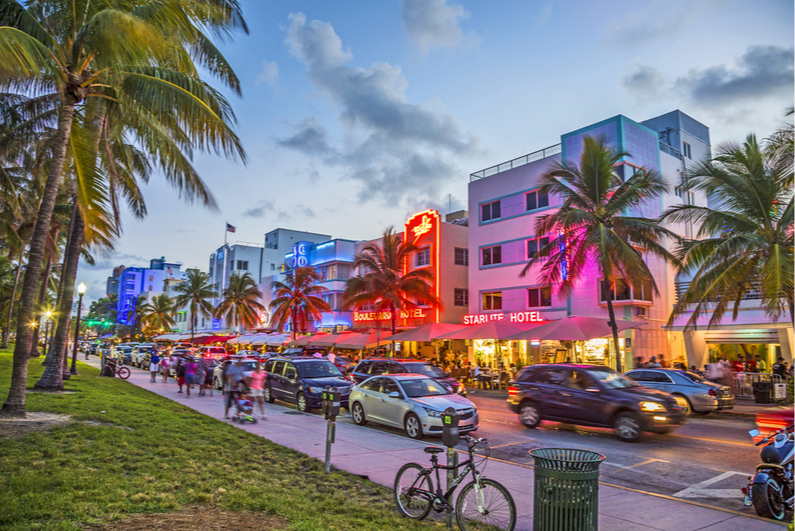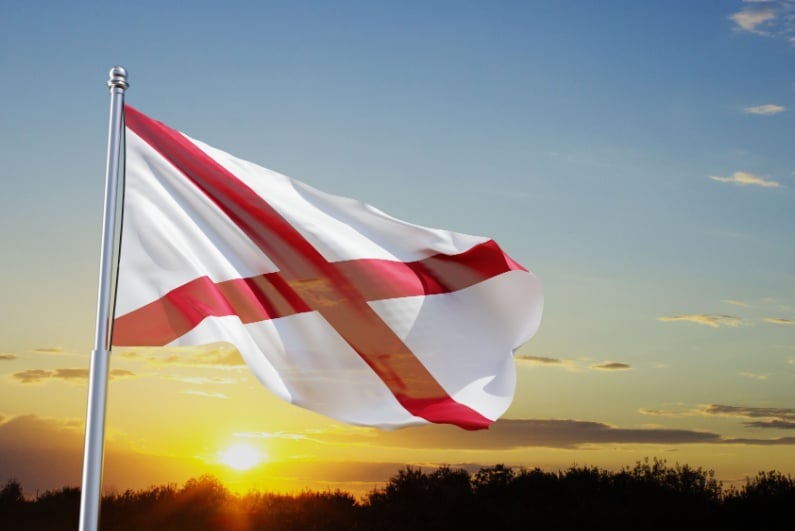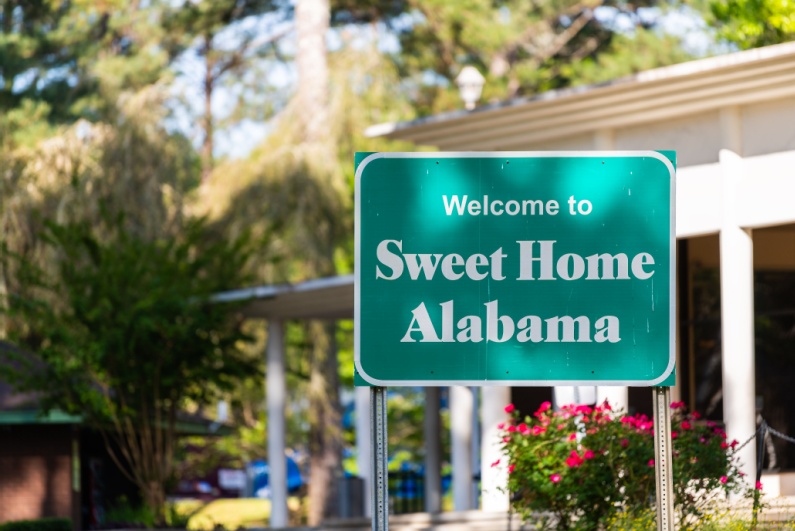Revenue would go toward education
A proposal intended to legalize sports wagering in Florida will come before lawmakers on March 2, 2021 when the state’s legislative body convenes.
Senator Jeff Brandes (R – St. Petersburg) filed SB 392 on December 28 with the express purpose of legalizing sports wagering in the state.
proposes that the Florida Department of the Lottery administer sports betting licenses
Brandes’s bill proposes that the Florida Department of the Lottery administer sports betting licenses and regulate sports pools. If the state’s Senate approves SB 392, “revenue from the games would bolster education,” reported the News Service of Florida.
Brandes has introduced four pieces of legislation regarding sports betting in Florida. Preceding his latest bill, Brandes put forward SB 968, SB 970, and SB 972.
Failed 2020 proposal
This latest push follows an unsuccessful yet similar proposal that did not make it through Florida’s 2020 legislative session.
The failed proposal came to life in the spring of 2019, when the Seminole Tribe of Florida and Senator Wilton Simpson — a Trilby Republican who is now the Senate president — introduced a plan that included the prospect of sports wagering at the tribe’s casinos and at pari-mutuel facilities, with the Seminoles functioning as a “hub.”
the tribe would have opened a new casino in Fort Pierce
According to a report last spring by Tallahassee CBS affiliate WCTV, the proposal under discussion in the 2020 legislative session would permit the Seminoles to add craps and roulette to a suite of games already present in most of its casinos. Also under the failed proposal, the tribe would have opened a new casino in Fort Pierce, for which the state would have received around $700m per year in return.
New Year, new impetus
Brandes’s bill for 2021 offers a new-look suite of options for sports betting. It also prohibits individuals with potential conflicts of interest from placing wagers, such as coaches, athletes, and referees.
Since the US Supreme Court ruled in 2018 that the nationwide ban on sports betting under the Professional and Amateur Sports Protection Act (PASPA) was unconstitutional, the urgency of states across the country to legalize sports betting in 2020 has been strong. The impact of COVID-19 on the economy has made the taxes on sports wagering that much more important for state coffers.
As the third-largest state in the US with a population of just over 21 million and a host of professional sports franchises, Florida is seen as a lucrative destination for legalized sports betting.




